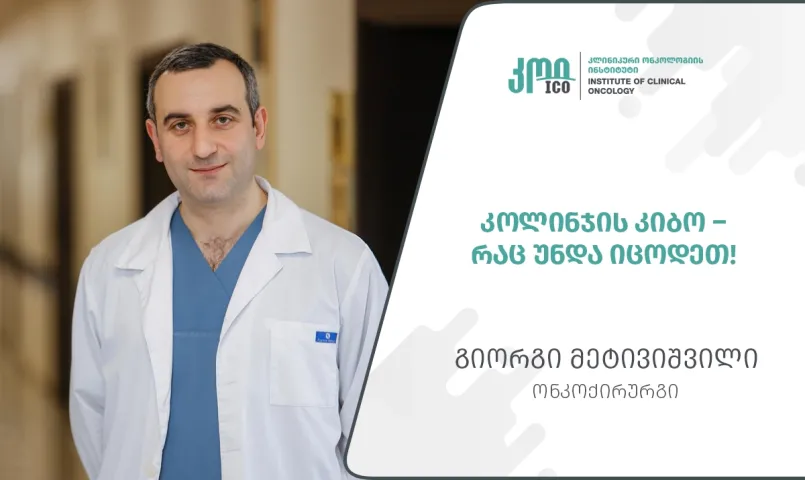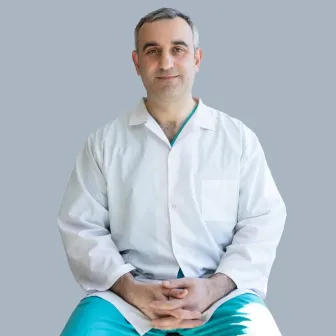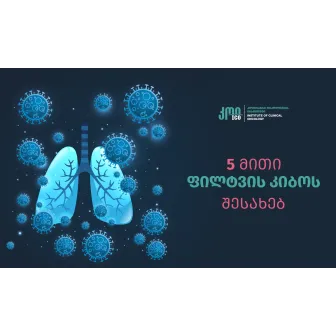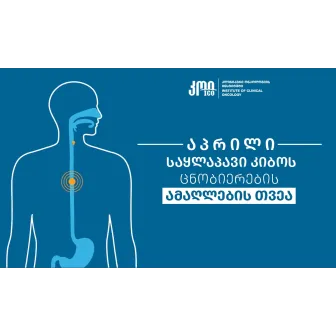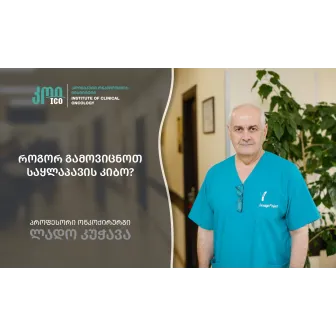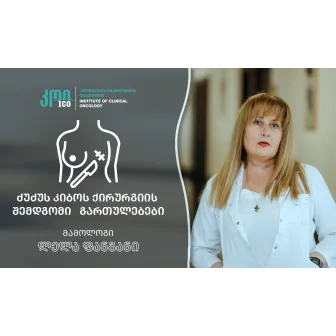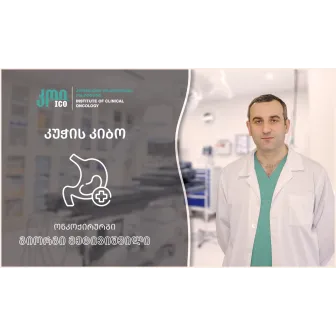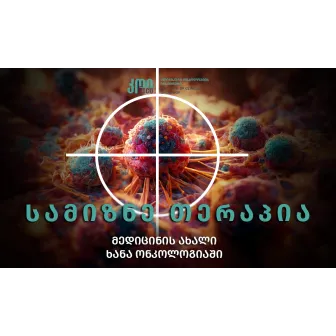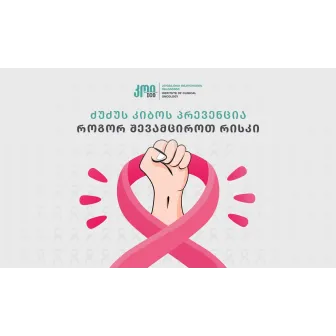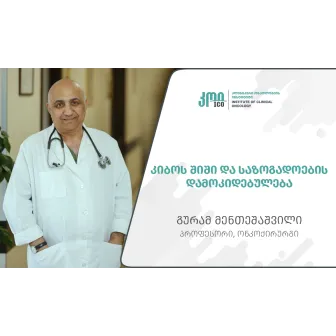Interview with onco surgeon Giorgi Metivishvili
- Doctor, how common is colon cancer, and why is this disease so important?
Colon cancer is one of the most common cancers of the digestive system. It is the third most common cancer and the third leading cause of cancer-related death. The average age at diagnosis is about 66 years, although the number of younger patients has been increasing in recent years.
What are the main causes of colon cancer?
Disease development can be affected by many factors. Genetic inheritance is one of the important factors, although lifestyle also plays a significant role. Risk factors include bowel inflammatory diseases, unhealthy diet, obesity, tobacco consumption, alcohol, and diabetes mellitus.
How can a patient recognize the initial symptoms?
In the early stages, symptoms may not be noticeable, but later on, iron deficiency anemia, rectal bleeding, abdominal distension, pain, changes in bowel habits (diarrhea, constipation), intestinal obstruction, perforation, and weight loss will occur. These signs should not be ignored, and a timely visit to a doctor is necessary.
- What are the key diagnostic modalities?
The most effective method is colonoscopy, which allows us to study the condition of the large intestine in detail. Biopsy, tumor markers analysis, X-ray, ultrasound, computed and magnetic resonance tomography, and positron emission tomography are also performed.
- What is the role of screening, and who should take these examinations?
Screening is critically important, as its main goal is to detect precancerous diseases and malignant tumors at an early stage, which significantly increases treatment effectiveness. Screening is recommended for people aged 45-70. They can undergo a fecal occult blood test (FOBT) and, if needed, a colonoscopy.
- What treatment methods are available?
Treatment methods include surgery, chemotherapy, targeted therapy, radiation therapy, and radiofrequency ablation. Surgery is performed by open and laparoscopic methods.
- What is the prognosis and survival chances?
The prognosis depends on the stage of the disease. If the cancer is detected at an early stage, the five-year survival rate reaches 90%. In the case of regional spread, this number drops to 71%, and in the presence of distant metastases, it drops to 14%. This is why screening and early diagnosis are so important.
- How can the disease be prevented?
The key aspects of prevention are screening, healthy lifestyle, physical activity, limited tobacco and alcohol consumption, balanced diet, and weight normalization. Following these recommendations significantly reduces the risk of developing the disease.
- What does the Institute of Clinical Oncology offer in terms of colon cancer diagnosis and treatment?
Our clinic provides access to all modern diagnostic methods, including highly technological devices and laboratory tests. Surgery is provided by both open and laparoscopic methods. Experienced oncologists of our clinic provide drug therapy that improves the quality of treatment even more.
- Views:14312




